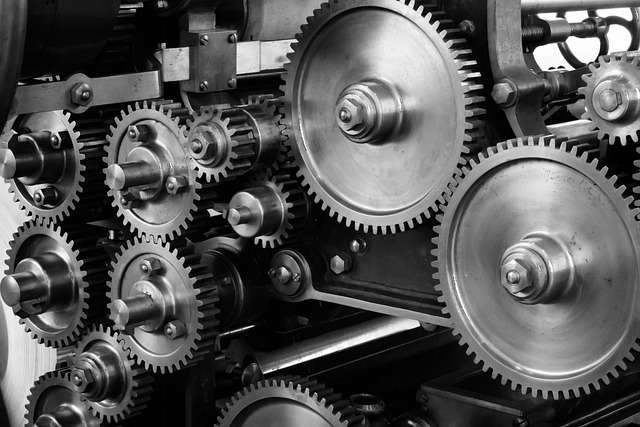
In the summer of 2025, San Antonio Engine Plant (a leading Mexican engine component supplier) faced an unprecedented “shutdown crisis”: a crankshaft production line stopped for 3 days due to delayed imported parts, resulting in a loss of over $500,000 per day. “We rely entirely on European imports for crankshafts, with a 4-week lead time. A single delay shuts down the entire line—this is more costly than the parts themselves,” said Rodriguez, the plant manager.
This wasn’t the first time San Antonio Plant had encountered such problems. Their pain points were clear:
Imported crankshafts from Europe take 4 weeks—production, shipping, customs—way too slow for our JIT production, often stopping the line cold.
Costs? Ridiculous: 10% tariffs, 15% shipping, 5% middleman fees—adds up to 30% more than local parts, killing our margins.
Worst part? Quality’s inconsistent. Maritime vibration messes up the crankshaft’s roundness (±0.01mm), leading to 5% defects—noisy engines or scrapped parts. We’re spending a fortune on rework instead of making money.
These issues were “mountains” pressing down on the plant—they needed a comprehensive solution to address “lead time, cost, and quality.”
In early 2025, San Antonio Plant partnered with a Chinese precision machining factory, adopting a “CNC+Lathe+Surface Treatment+Local Warehouse” package. This solution targeted each pain point precisely:
The Chinese factory’s CNC machining center (e.g., FANUC 0i-MF) uses high-precision linear guides, achieving a positioning error of ±0.005mm—far better than the imported parts’ ±0.01mm. For “critical dimensions” (e.g., journal diameter), CNC machining ensures “zero deviation,” eliminating precision issues caused by shipping.
The roundness of crankshafts directly affects engine stability. The Chinese factory’s high-precision lathe (e.g., Shenyang Machine Tool CAK6150) uses a “hydraulic chuck + linear scale” to control roundness error within ±0.002mm—5 times better than imported parts. “This roundness is even better than our German imports,” said a San Antonio engineer.
• Surface Treatment: Anodizing process provides corrosion resistance (720 hours of salt spray testing), twice as long as imported parts (300 hours);
• Local Warehouse: A large warehouse in Mexico City stores popular crankshafts, reducing lead time from 4 weeks to 2 weeks (50% reduction);
• Cost Control: Scale production + localized logistics cut crankshaft costs by 25% (from 150/unit to 112.5/unit).
After 6 months of using the Chinese solution, San Antonio Plant’s transformation was remarkable:
• Lead Time: Reduced from 4 weeks to 2 weeks (50% reduction), eliminating shutdowns;
• Cost Savings: 25% lower crankshaft costs, saving over $2 million annually;
• Quality Stability: Roundness error within ±0.003mm, defect rate dropped from 5% to 0.5%;
• Productivity: Downtime reduced from 10 hours/month to 2 hours/month, productivity doubled.
“The Chinese CNC+lathe service didn’t just solve our old problems—it doubled our productivity. We no longer rely on imports!” exclaimed Rodriguez.
San Antonio Plant’s “efficiency revolution” is a testament to the value of Chinese CNC+lathe services in Mexico’s automotive industry. For Mexican plants, “relying on imports” is no longer the only option—Chinese “precisionarts and crafts + localized service” offers a comprehensive solution for “delivery, cost, and quality.”
If your Mexican automotive plant faces similar challenges (long lead times, high costs, unstable quality), contact us to learn more about our successful cases. We believe our “technology + service” can help you achieve an “efficiency revolution” and gain a competitive edge in the market.
Visit our website for more automotive part machining cases and services:
www.simituo.com